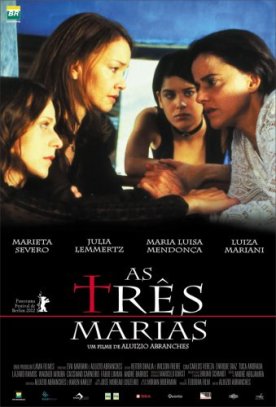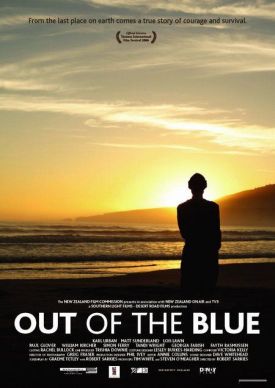Girl, Interrupted
Everything that is important in Girl, Interrupted, directed by James
Mangold and based on the memoir by Suzanna Kaysen, can be condensed into one
comment by the mental institution attendant, Valerie (Whoopi Goldberg) as she
attempts to give the reluctant Suzanna (Winona Ryder) a bath. “This place is a
f****** fascist torture chamber,” says the winsome Winona, adding a racial epithet for good measure. Although Susanna has been diagnosed with what
the doctors call “borderline personality disorder,” she is like most of the
middle-class girls who have come to this private asylum in 1968, more bored and
neurotic than crazy. She has adopted her highly interesting mental state as her
only hobby. It also allows her the freedom to misbehave and then to rail against
her “fascist” keepers for punishing her—even to engage in some deliberately
shocking racial innuendo.
This it is which finally goads Valerie into replying: “You are a lazy,
self-indulgent little girl who is driving herself crazy,” she says. Unlike those
who must now put up with her, she has been showered with all the good things
life has to offer, “and you’re just throwing it away.”
What else is there to say? At some level Susanna Kaysen, thirty years on,
must see the truth of this admittedly amateur diagnosis. But though she is older
and wiser and presumably no longer confined to an institution, she obviously has
not abandoned her youthful hobby completely. That is one of the characteristics
of her generation, as is her dislike of the idea of growing up. “I don’t want to
end up like my mother,” she tells her high school guidance counselor, as if she
had any choice in the matter. Her continued fascination with the mental ups and
downs of her youthful self would be unbearably tedious were it not for the
performance of the remarkable Angelina Jolie as the free spirited Lisa, who
really is crazy. If Miss Jolie does not win best actress in a supporting
role for this performance, the Academy will have done her a serious
injustice.
Lisa may have started out as sane as Susanna. She appears to hold one of the
most appallingly stupid of the many stupid opinions which were rife in the
1960s, namely that insanity is “a gift; it helps you see the truth.” But as it
so often does, the pretense has become the reality. Now she is clearly a
dangerous lunatic. This does not prevent her, however, from being as
clear-sighted about most of her fellow inmates as Valerie is, and considerably
less tactful. “You people are all weak f****** people,” she says. “You’re
victims!” She’s also very shrewd in her understanding of the therapeutic system.
“The more you confess, the more they think about setting you free,” she tells
Susanna.
“What if you don’t have a secret?”
“Then you’re a lifer like me.”
It is Lisa’s casual destruction of one of the other girls, the fragile Daisy
(Brittany Murphy in another terrific performance) who is the victim of her
father’s sexual abuse, which finally jolts Susanna back into something like
normality. “I couldn’t stand up to her,” she says after having watched Lisa goad
Daisy to suicide. “A decent person would have done something.” Finally, she does
stand up to Lisa, telling her that “Maybe the whole world is stupid and
ignorant, but I’d rather be in it. I’d rather be in it than down here with you.”
This is a powerful statement, the moment at which Susanna sees both the game she
has been playing and the terrible cost it can exact. But she hasn’t got that
aperçu clearly enough in focus and keeps wandering off to gaze at
the ideological and therapeutic clouds which have hitherto kept it hidden.
Discover more from James Bowman
Subscribe to get the latest posts to your email.







